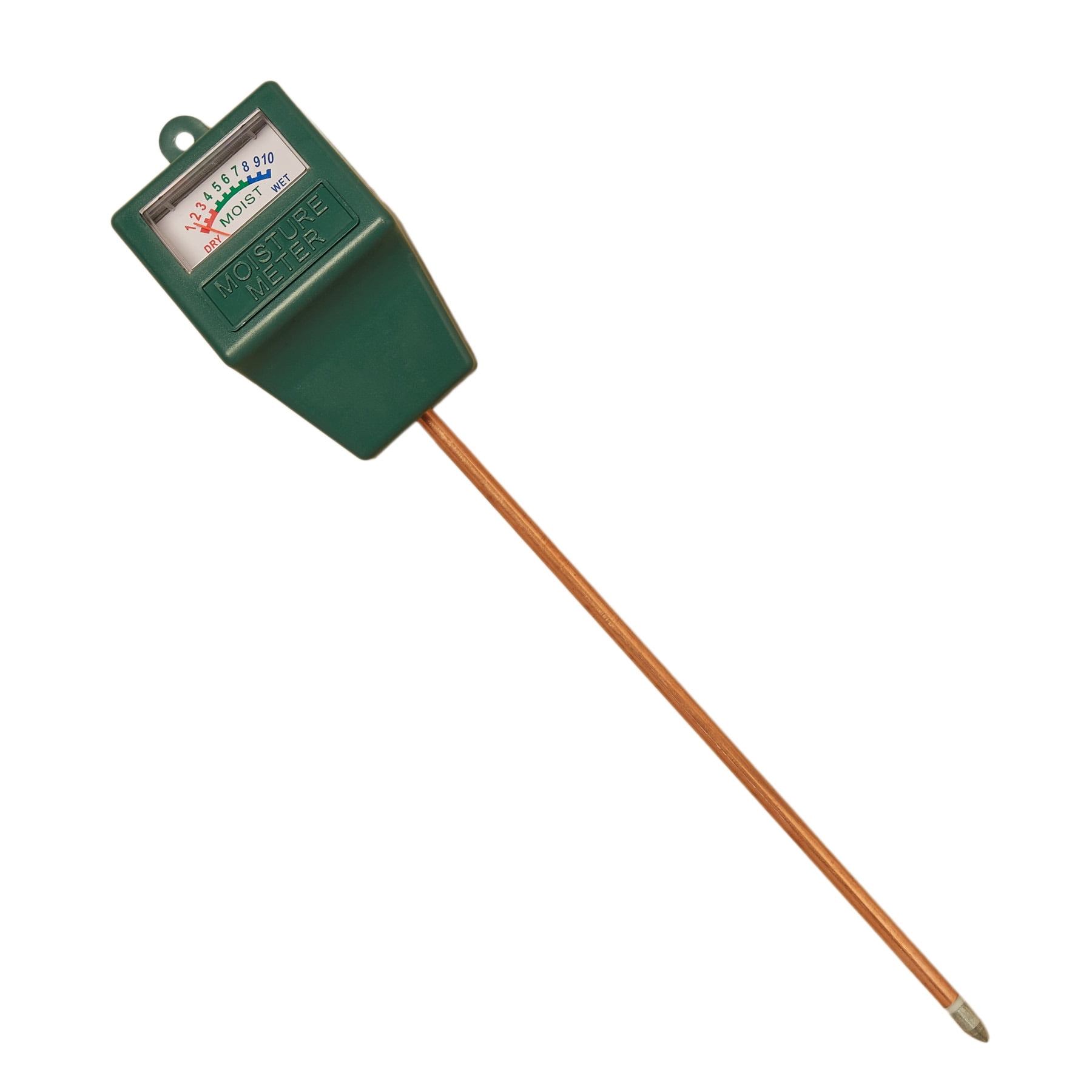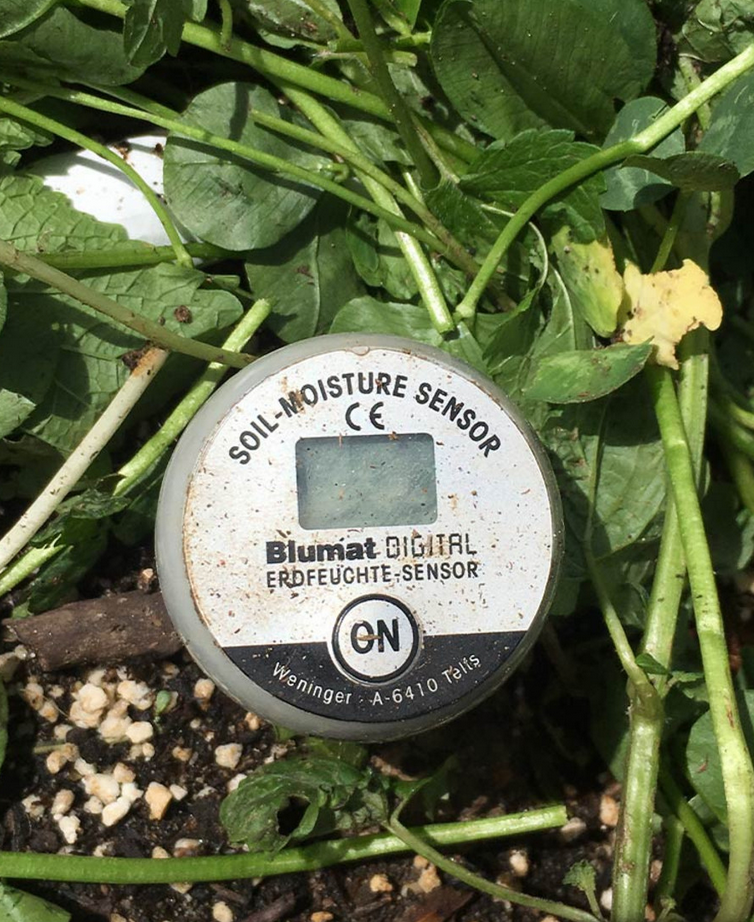Moisture Meter Reviews: Contrasting the most effective Versions for Specialist and DIY Use
Moisture Meter Reviews: Contrasting the most effective Versions for Specialist and DIY Use
Blog Article
The Ultimate Overview to Moisture Meters: A Comprehensive Review and Exactly How They Can Save You Cash
In the realm of structure maintenance, construction, and different sectors, the significance of properly gauging moisture degrees can not be overemphasized. Moisture meters act as important tools in discovering and keeping track of moisture material in products, helping in preventing costly problems and guaranteeing the high quality of products. Recognizing the subtleties of different kinds of wetness meters, their applications, and the prospective cost-saving benefits they offer can be a game-changer for specialists and services alike. Discovering just how these devices can not only enhance processes but additionally add to financial savings is a trip worth embarking on.
Kinds Of Moisture Meters
Various types of moisture meters are readily available for various applications in various markets. One usual type is the pin-type wetness meter, which measures the electrical resistance between two pins placed into a material. This type appropriates for timber, drywall, and other building materials. Pinless dampness meters, on the various other hand, use electro-magnetic sensing unit plates to check a larger location without causing damage to the material's surface area. These meters are optimal for swiftly analyzing dampness degrees in big areas such as walls and floorings.
Furthermore, there are also specialty moisture meters designed for particular products like hay, grain, or soil. These meters give precise dampness readings customized to the distinct buildings of the product being evaluated. Infrared moisture meters gauge the thermal homes of a product to identify its dampness content non-invasively, making them valuable for applications where pin or pinless meters might not appropriate. Understanding the various kinds of wetness meters offered can assist markets choose the most suitable tool for their certain wetness measurement requirements.

Benefits of Using Moisture Meters

Furthermore, making use of moisture meters can result in boosted power efficiency. By recognizing areas with high dampness degrees, such as leaks or inadequate insulation, changes can be made to boost power preservation and minimize energy costs. In agricultural setups, dampness meters play a vital function in optimizing plant returns by making it possible for farmers to check dirt dampness degrees and make notified irrigation choices. Generally, the advantages of using wetness meters extend throughout numerous industries, providing affordable solutions and advertising better quality assurance techniques.
Exactly How to Pick the Right Moisture Meter
Selecting the ideal dampness meter entails taking into consideration crucial variables such as material compatibility, measurement range, and calibration accuracy. When choosing a moisture meter, it's vital to guarantee that the meter is ideal for the particular product you will certainly be screening. Various materials have differing electrical residential or commercial properties that can impact moisture analyses, so choosing a meter made for your material is crucial for accurate outcomes. Furthermore, think about the measurement variety of the moisture meter. Guarantee that the meter can discover wetness levels within the variety needed for your applications. Calibration precision is one more essential variable to remember (Moisture Meter). Choose a wetness meter with reputable calibration to ensure constant and exact readings. Some meters may call for regular calibration modifications, so comprehending the calibration process is necessary. By meticulously reviewing these factors, you can select a moisture meter that meets your needs and gives accurate moisture dimensions for your tasks.
Appropriate Techniques for Moisture Meter Use
To ensure precise moisture analyses and take full advantage of the performance of a moisture meter, employing proper strategies is vital. When using a pin-type wetness meter, place the pins or probes into the product being examined till they make complete contact. Ensure the pins are vertical to the surface to obtain one of the most accurate analysis. For pinless wetness meters, hold the device flat versus the product and relocate it gradually to cover the whole location for an ordinary reading. It's vital to calibrate the dampness meter according to the product being evaluated to enhance precision. Take multiple readings throughout the surface and ordinary them out for an extra dependable result. In addition, make certain that the product being tested is adapted to the environment to avoid manipulated analyses. Routine upkeep of the dampness meter, such as cleaning the pins or sensor, is likewise important to ensure precise and constant analyses. By complying with these proper strategies, customers can count on their moisture meter to provide trustworthy dampness degrees, aiding in stopping expensive damage or making sure top quality in various applications.

Cost Savings With Moisture Meter Applications
Exactly how can the tactical usage of dampness meters lead to significant cost financial savings throughout various markets? In the agriculture market, moisture meters help in establishing the optimum time for harvesting plants, avoiding over-drying or excess dampness that can impact the last product's high quality.

Moreover, in the food handling sector, dampness meters are vital for checking product quality and guaranteeing conformity with safety and security regulations. By accurately measuring dampness web content in food, manufacturers can stop putridity, keep quality, and minimize waste, leading to substantial cost financial savings. Generally, the strategic application of moisture meters is a useful financial investment that can bring about substantial cost decreases and enhanced efficiency throughout numerous sectors.
Verdict
To conclude, moisture meters are important tools for measuring and detecting moisture levels in different materials. By using the best dampness meter and complying with appropriate techniques, users can effectively protect against expensive damages triggered by excess moisture. Buying a high quality wetness meter can bring about substantial cost financial savings over time by recognizing potential issues early and making it possible for punctual remediation. Inevitably, dampness meters are crucial instruments for keeping the stability and long life of frameworks and materials.
Moisture meters offer as crucial devices in spotting and checking moisture content in materials, aiding in protecting against expensive damages and guaranteeing the high quality of items. Infrared moisture meters gauge the thermal homes of top article a material to identify its dampness material non-invasively, making them useful for applications where pin or pinless meters might not be suitable.Dampness meters use very useful benefits in properly monitoring and evaluating moisture degrees in varied materials and atmospheres. In agricultural setups, wetness meters play an important role in maximizing crop returns by enabling farmers to keep an eye on soil dampness levels and make notified watering choices.In conclusion, dampness meters are beneficial tools for gauging and spotting wetness degrees in various materials.
Report this page